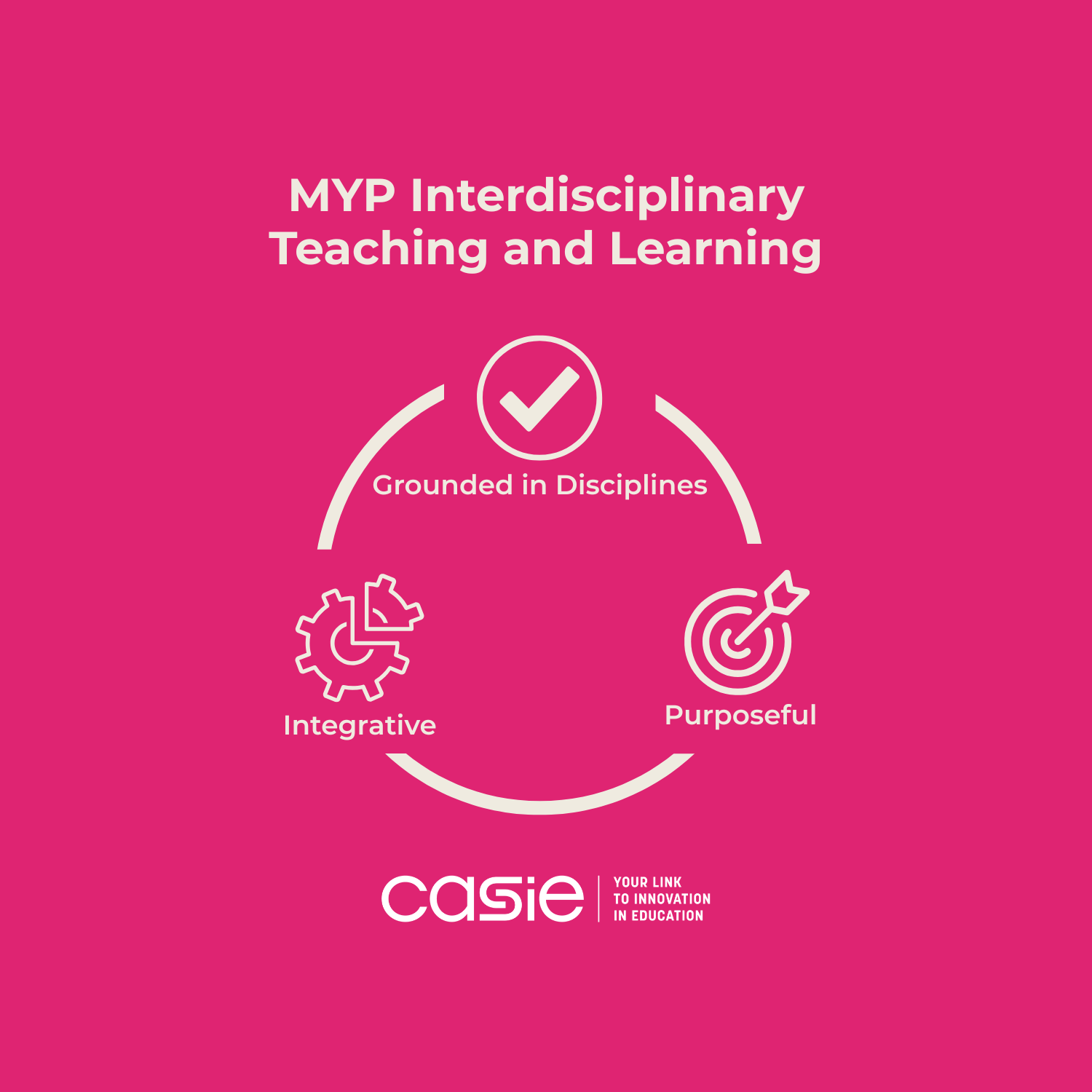When it comes to the purpose of K-12 education, everyone has an opinion on what traits best describe the type of person that should graduate from schools. Organizations in the business world tend to describe student graduates based on workplace attributes. Political affiliates tend to describe student graduates based on college and career readiness skills. Schools and local education associations around the world, reflecting the complexity of the task, often identify about five skills and dispositions that align with goals, focus areas, and student outcomes. Based on the previous blog writings of the Center for the Advancement and Study of International Education (CASIE), an education that develops intercultural understanding, approaches to learning, caring cultures, deep understanding, and so much more is holistic, quite complex, and takes time to develop. This complexity is often termed, international mindedness, and it is the way that the International Baccalaureate (IB) has chosen to describe the profile of a learner in any PYP, MYP, DP and CP school in the world. The IB learner profile traits are a solid representation of the organization’s mission statement in action. Since schools are required by the IB to align their mission statement with the organization, the attributes of the IB learner profile represent the mission statement of every IB school.

How many learner profile attributes are there?
The IB learner profile is a collective set of ten attributes. The individual attributes of the IB learner profile are:
● Knowledgeable
● Caring
● Open-Minded
● Principled
● Balanced
● Reflective
● Inquirer
● Thinker
● Communicator
● Risk Taker (Courageous)
How might the IB learner profile contribute to a positive school culture?
A knowledgeable learner is developing a significant breadth and depth of knowledge and understanding within, between, across and beyond subject areas, moving towards challenging local and global contexts and perspectives.
A caring learner is developing empathy and compassion for local and global people, other living things, and the environment as concerned and engaged community members.
An open-minded learner is developing an invitational disposition to learning and the ideas of others, even if they are contradictory to their own perspectives.
A principled learner is developing the ability to initiate action, or refuse to act, based on conscious values such as integrity and fairness from both individual and collective points of view.
A balanced learner is developing a wide range of relevant skills that support a holistic-approach to healthy living and being that is needed for a sustainable future.
A reflective learner is developing the capacity to learn during and from experiences that build links to prior knowledge, create new understandings and dispositions, and lead to new ways of thinking and being as they move through academic and real world contexts.
An inquirer is a learner that is developing a sense of awe, wonder, and curiosity along with the skills of questioning, processing, and connecting as they learn and engage independently and collaboratively with others.
A thinker is a learner that is developing critical and creative thinking that can transfer to increasingly unfamiliar and purposeful contexts as an engaged community member.
A communicator is a learner that is developing a fluency with a range of communication modes that include literacies and numeracy within and across languages or other nonverbal contexts in order to understand and be understood as a global citizen.
A risk taker is a learner that is developing courage, resilience, and agency in order to engage in academic and social contexts with others and solutions for local and global issues.
Author
-

Chad has been a member of the IB Educator Network since 2008 and has served as a workshop leader, site visit team leader and member, and school consultant. As a member of IBEN, Chad participated in the review process for the Enhanced PYP, the 2020 Program Standards and Practices, and the Enhanced MYP, at the IB offices in The Hague. He also developed several of the original online PYP workshops. Chad has presented at several IB Global Conferences in the Americas Region. Chad has worked at PYP or MYP schools since 2003. He loved being a 3rd grade PYP teacher. He also served as a PYP and/or MYP coordinator, as well as a District PYP/MYP Instructional Coach, and District K-8 ENL Coach for schools and districts in Las Vegas, Baltimore, and Indianapolis. Chad is currently the MYP Deputy Head of School/MYP Coordinator for the International School of Texas, an independent school in Austin. Chad has a passion for the MYP areas of curriculum development, projects, and community engagement/service. Chad lives in Austin, Texas with his husband, Shannon of 26 years and their two cats, Bolt and Baymax. For fun, Chad enjoys attending Indianapolis Colts games and competing as a bowler and horseshoe pitcher with the best in the world.
View all posts







